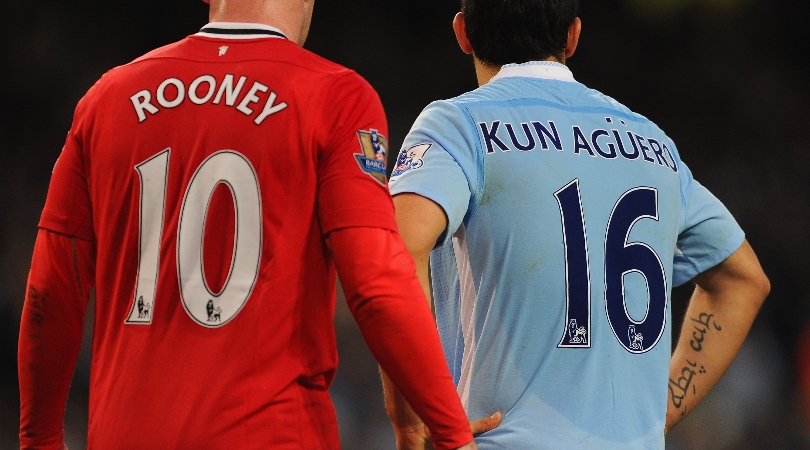Adios, Moysie: 10 other British reigns in Spain (ft. Chris Coleman's 'dishwasher')
Nick Harper looks back on 10 of the very best, the very worst and the very drunk...
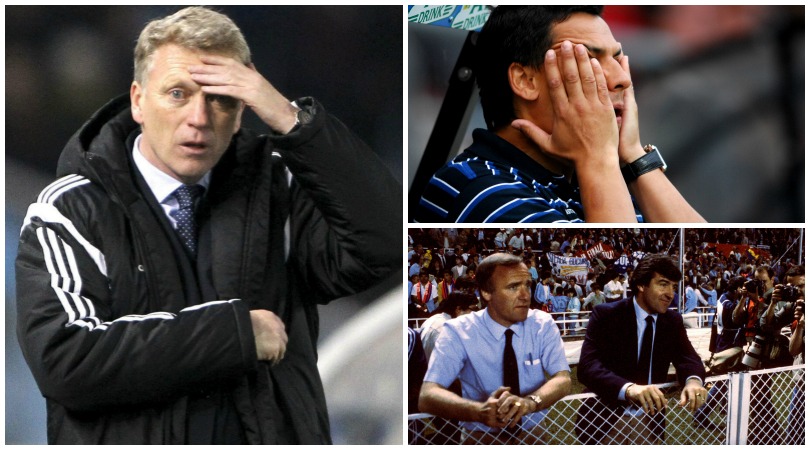
1. Vic Buckingham (Barcelona, 1970)
“F*** Betis!”
Best remembered at Barcelona for wearing tweed jackets and silk ties, drinking cocktails and gossiping about the gee-gees, archetypal English gent Buckingham arrived at Camp Nou in 1970, hired as coach despite an uninspired spell at Fulham.
His tenure was short but notable, with Buckingham lobbying hard to have the ban on foreign players lifted by the Spanish FA. In this he succeeded, and having negotiated first refusal on Johan Cruyff, it could be argued that he changed the bloodline of Spanish footballing history forever.
However, his most notable moment as far as we’re concerned came ahead of one game, when he scrawled the name of Barcelona’s opponents BETIS on the locker room chalkboard, screamed "F*** Betis!" at the top of his voice, and then kicked the board to the ground. No gentleman, that one.
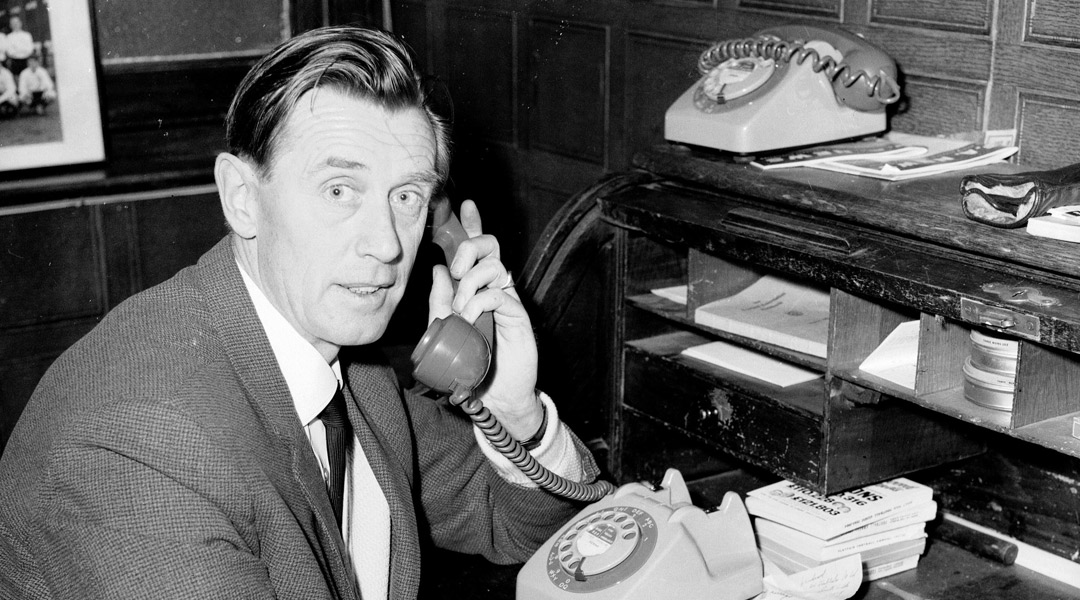
2. Jack Greenwell (Barcelona, 1917-23, 1931-33)
Seven seasons, 492 games
Get FourFourTwo Newsletter
The best features, fun and footballing quizzes, straight to your inbox every week.
Long before Buckingham brought his potty gob across to Catalunya, Barcelona had called upon the services of another Englishman, a north-easterner by the name of Jack Greenwell. Having arrived in 1917 from Crook Town (way up north), he stuck around far longer and enjoyed significantly more success.
His six consecutive seasons (and 492 games) in charge was a record, until Cruyff came along. During that time he led the club to seven trophies, before moving on and criss-crossing Spain to Castellon, Espanyol, Valencia, Sporting Gijon, Mallorca and then back to Barcelona. Later, he managed Peru. As you do.
3. Fred Beaconsfield (Athletic, 1922-25, 1929-33)
El Bombin
Nicknamed ‘El Bombin’ on account of his bowler hat, Wolverhampton-born Beaconsfield Pentland remains the most successful coach in Athletic Bilbao’s history. Arriving via Racing Santander in 1922, he delivered two league titles and five Spanish cups.
Impressive enough, but he makes this list on account of being in charge on the day in 1931 that saw Santander rip Barcelona 12 new ones – the 12-1 drubbing remains the Catalans’ heaviest ever defeat. Though Beaconsfield came home when the Spanish Civil War broke out, El Bombin’s reputation remained.
4. Francis Cuggy (Celta Vigo, 1923-26)
Wallsend, Celta Vigo, The Shipyards
Born in 1889, having represented Sunderland and England as a right-half (go ask your grandad, kids), Cuggy moved into management as player-manager of Wallsend FC of the north-eastern league in the early 1920s.
From there it was inevitable that he would get the call from Spain, who needed a manager and didn't think twice about offering Cuggy a very generous five-year deal. Cuggy duly delivered the Galician Championship, but when his contract expired he returned home to work in the shipyards on Wearside. Things were very, very different back then (as your grandad's grandad will confirm).
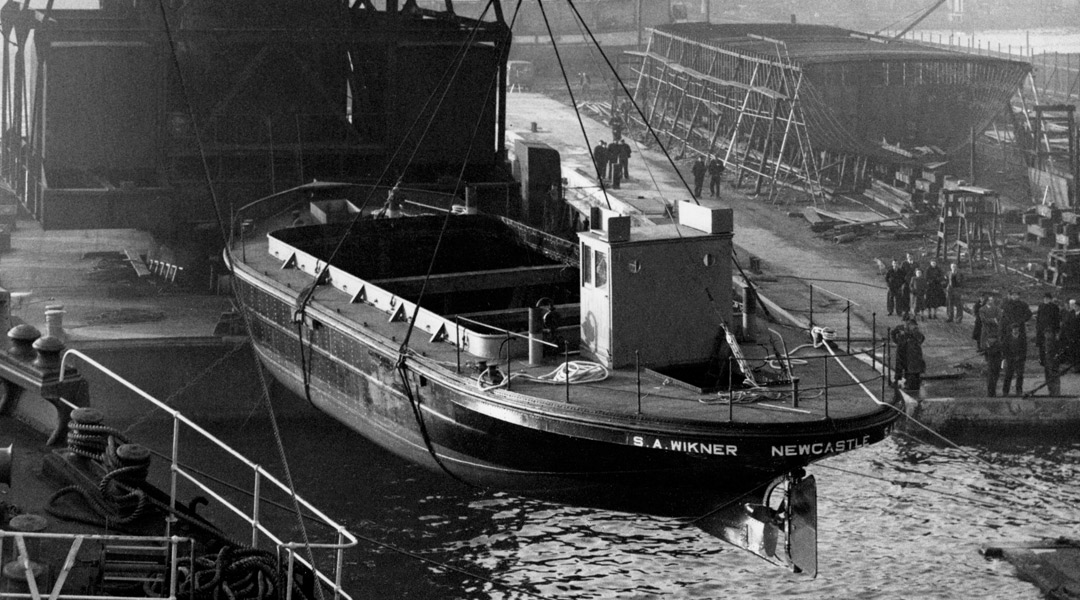
5. Jock Wallace (Sevilla, 1986-87)
The Opel of Seville
As manager of Sevilla from 1986, fiery Scot Wallace achieved the square root of very little – he won just 14 of his 44 games in charge and when he next resurfaced in management, it was to take over European giants Colchester United.
But as an illustration of how far the game has come in the last 25 years, the day he signed compatriot Tedd McMinn works very well.
McMinn arrived at Malaga airport in January 1987, to very little fanfare. He was met by Wallace, a pasty-white face among a sea of suntanned strangers.
Gripping his new signing firmly by the hand, Wallace reportedly growled: “Come on son. The Opel's outside. Get in the back and throw that blanket over you. Naebody can see you today.”
And there, like a scene from The Sweeney, McMinn remained for the entire journey back to Seville. Hidden beneath a tatty tartan rug. In the back seat of “the Opel”.
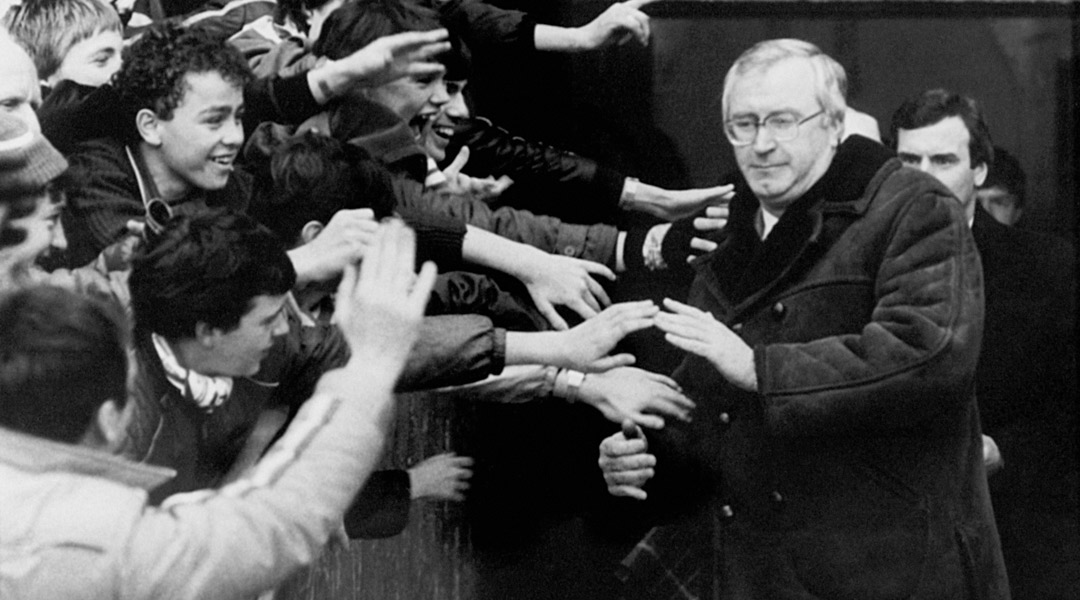
6. Patrick O'Connell (Real Betis, 1932-35, 1940-42)
“Don Patricio”
A former Manchester United defender implicated in a match-fixing scandal back in 1915, Irishman O’Connell reinvented himself as a coach of impressive repute in Spain. For his first trick, he took Racing Santander into the top flight.
Via a spell at Real Oviedo, O’Connell then took Real Betis into the Primera Division in 1932, claimed the title three years later, but clearly the demons still lurked. Allegedly. Under ‘Don Patricio’, as he was known, Betis entered the final game of the 1934/35 season a point ahead of Real Madrid at the top of the table, despite having a team with no stars.
Ironically, Betis’s final game saw them face O’Connell’s former club Santander, and one unsubstantiated story has since suggested that on the eve of the game, the Irishman previously implicated in a match-fixing scandal dropped in for a drink with his former club and suggested they take it easy the next day.
Having already been offered a large financial reward by their own Madrid-supporting chairman to win the game, any whiff of match-fixing was fortuitously nipped in the bud, and Betis ran out 5-0 winners regardless to secure their first and so far only title.
7. Terry Venables (Barcelona, 1984-87)
El Tel, El Diego and El Stevie
When Diego Maradona left Barcelona in 1984, under a cloud and bound for a new life in Naples, Barca’s new and largely untested manager Terry ‘Meester’ Venables was tasked with sourcing his replacement.
How do you replace the future greatest player who ever lived? The locals were calling for the mini-Mexican hitman Hugo Sánchez, already plying his trade at Atlético Madrid.
But El Tel had other ideas, going against the wishes of his president (who had already agreed the deal and taken Sanchez out to celebrate) and against an entire nation to sign instead Steve Archibald, the world’s pastiest Scot.
Despite the rumbles of disapproval, Archibald scored on his debut at Real Madrid, making two more in a 3-0 win. Sixteen goals and a league title later, and El Tel’s unlikely gamble had somehow paid off ’andsome.
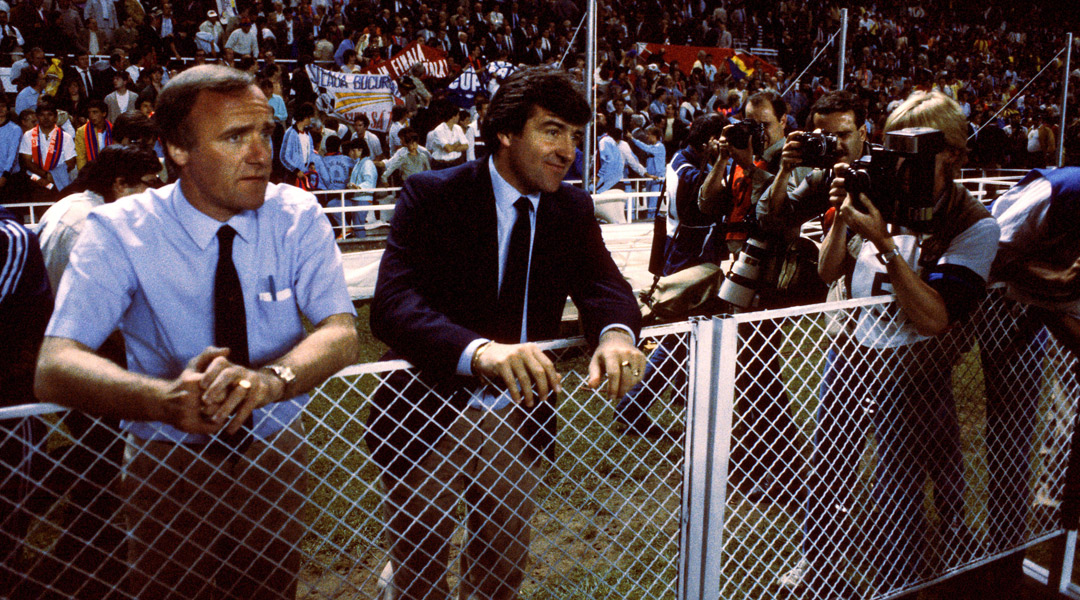
8. Ron Atkinson (Atletico Madrid, 1988-89)
The 93 Days
The remarkable thing about Big Ron's foray into Spanish football with Atletico Madrid was not that it lasted only 93 days, but that it lasted that long. Nowadays, last 93 days at many clubs and you’ll be due a gold watch. But back in 1988, 93 days was the stuff of pantomime.
Atkinson had arrived from West Brom and wasted little time turning the club’s fortunes around, guiding the team from second bottom to second top, just two points behind city rivals Real Madrid.
But Big Ron, like the rest of us, reckoned without Jesus Gil, the trigger-happy owner who we know now to have been a certifiable crackpot.
Gil hired and fired 39 managers in his 16 years at the club, including one sacked before the start of the season because he didn’t like the look of him in the team photo. (And he rode around the city on an elephant, but that’s a different story.)
In the context of such stats, Big Ron’s 93 days in charge don’t seem quite so shocking, but things were very different back then.
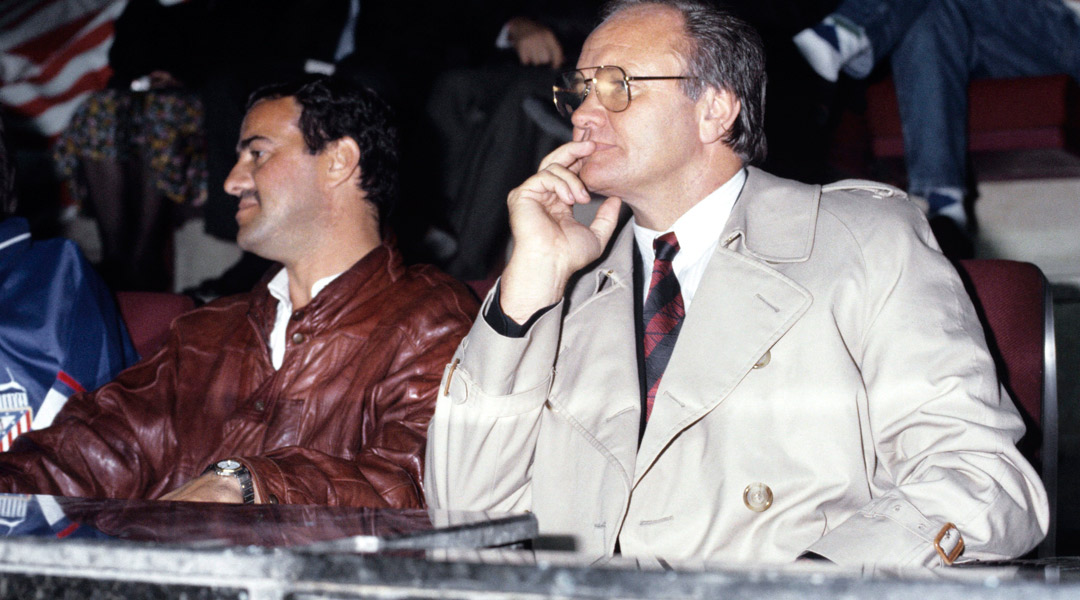
9. Chris Coleman (Real Sociedad, 2007-08)
The Drunken Dishwasher
Sacked by Fulham in 2007, Coleman resurfaced at Real Sociedad in Spain’s Segunda Division the following season, recommended by compatriot John Toshack whose success at Real Madrid opened many doors.
Progress was slow but steady, with Coleman guiding the club to fifth in the table and within sniffing distance of a return to the top flight. But then it happened.
Failing to show for a press conference ahead of a weekend game, Coleman claimed he had been attending to a flooded dishwasher at home.
It later transpired Coleman had been spotted trolleying booze in a local nightclub just hours earlier. "I was in the wrong place at the wrong time," he mumbled by way of apology, referring to a bar and an early hour.
Coleman somehow survived, but later walked out after deciding he couldn’t work with the club’s president, Senor El Presidente.
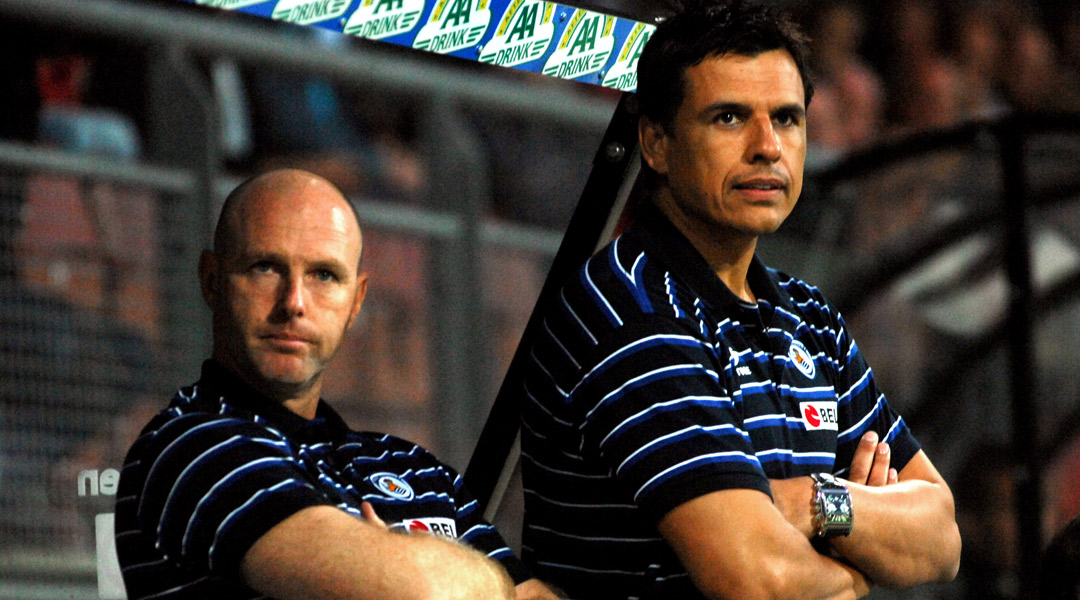
10. Glenn Hoddle (Jerez Industrial, 2010)
Spanish dog’s home
Given his tactical acumen and the fact he did pretty well with England, Hoddle should have had his name mentioned when the vacancies at Real Madrid and Barcelona came up.
Instead, possibly on account of his views on reincarnation and all that healing hands mumbo jumbo, Hoddle’s sole foray into Spanish football came in 2010 when he took the reigns at third-tier Jerez Industrial. (No, us neither).
By ‘manage’, of course, we mean he fed through many of the players from his fabled Glenn Hoddle Academy for first-team action. Players dumped by professional clubs who needed a second chance. A footballing dog’s home, if you will.
Enjoying very little success, Hoddle left almost as unexpectedly as he arrived, with the whole sorry episode consigned to the footnotes of footballing history, and the very bottom of this list.

